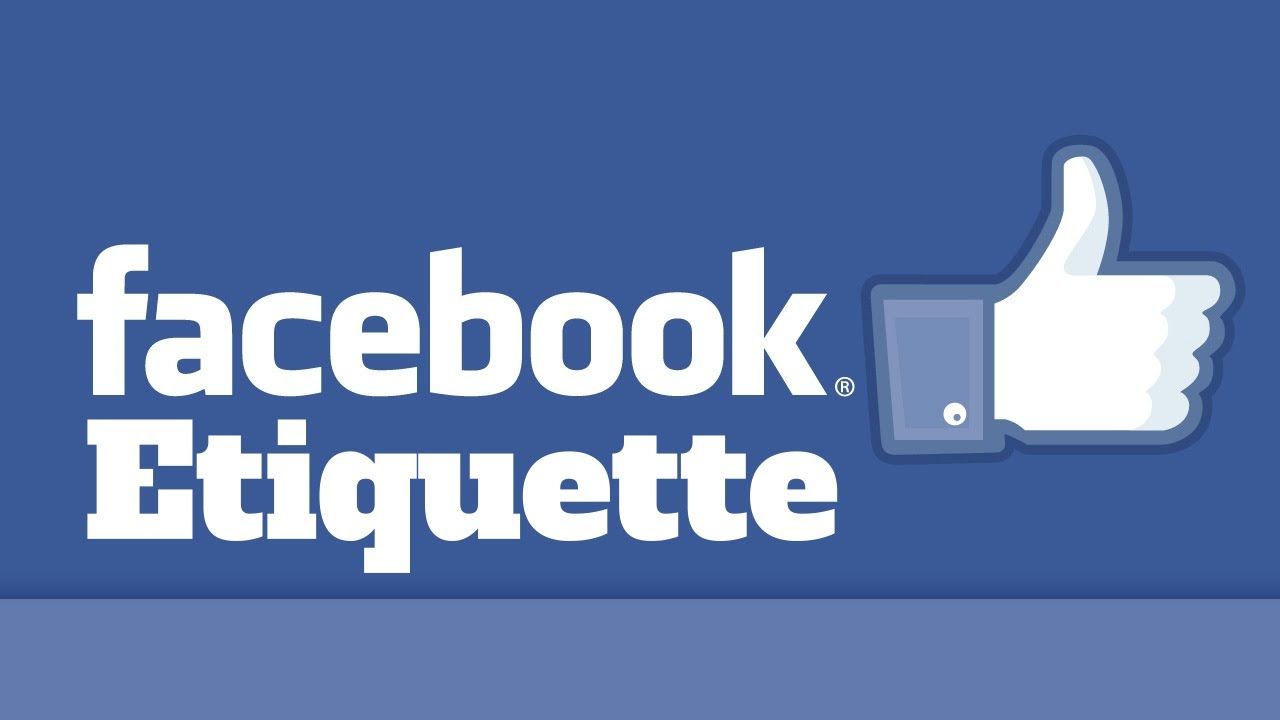Blog

There is nothing better than FREE - find classes that fit what you need when you need it with Coursera. With lots of different subject matters, you'll be able to find something to fit everyone. Take for instance: Cyber Security Analyst If you like protecting networks and data from cyber threats, analyzing security vulnerabilities, and developing security protocols this role is for you. A Cyber Security Analyst monitors and secures an organization’s IT infrastructure. They analyze threats, identify vulnerabilities, and implement security measures to protect sensitive data from cyber attacks. Skills you’ll need: Penetration Testing, Auditing, Vulnerability Management, Risk Analysis, Scripting, Governance, Security Information and Event Management (SIEM), Cybersecurity. You'll be able to choose from different certificates like: - Google cybersecurity professional certificate - Microsoft cybersecurity analyst professional certificate - IBM cybersecurity analyst professional certificate AND MORE! Check them out here: https://www.coursera.org/

You may have been hearing about the importance of getting Meta Verified to avoid your Facebook or Instagram page being taken down. Then, you might have received a message something like "your page is scheduled to be deleted..." Maybe you panicked. Maybe you thought 'this is it'. Take a deep breath- it's spam. How can you tell? Here's our quick checklist of 5 ways you can determine whether a message like the one below is spam on Facebook: Screenshot 2025-02-18 at 1.43.51 PM This is a spam message. Let's break down why. 1. They message you via Messenger. (Meta would have sent you a notification.) 2. They send you a long, wordy explanation for why you're being unpublished. (To spammers, more words = more believability.) 3. They come from a profile associated with an individual's name or a misspelling of Meta's company name. (Again, a profile would never message you, but especially not one named Verified Mêta Account 2025.) 4. They want you to click a link. (Most of us know by now not to click random links sent to us by strangers, but when the adrenaline kicks in, that might be your first reaction.) 5. They let you know in advance your page might be taken down. (Meta doesn't tell you- they just unpublish the page. Ask me how I know.) Is there a way to prevent messages like these? Unfortunately, Meta doesn't currently have strong spam filters in place for most Facebook accounts, so the best thing to do is block and delete. Do not click, reply, forward, or even copy and paste the text into a separate message- you may end up getting flagged after all!

In today’s digital age, social media platforms like Facebook have become an essential part of how we connect, share, and communicate. Whether you're posting photos from a family vacation, sharing an article you found interesting, or commenting on a friend's update, it’s important to remember that Facebook is a space for social interaction, and just like in person, good manners go a long way. Here’s a guide to help you practice good Facebook etiquette: ________________________________________ 1. Be Mindful of Your Posts • Think Before You Share: Before posting anything, take a moment to think about your message. Is it kind? Is it respectful? Is it something that will bring value to your audience? Is it hurtful, harmful or helpful? • Avoid Over-Sharing: We all have personal moments, but it’s important to remember that Facebook is a public platform (or semi-public depending on your privacy settings). Consider whether you want to share every single detail of your day or if some moments are better kept for close friends and family. • Respect Others' Privacy: If you’re posting photos of other people, make sure they’re okay with it first. Some people prefer not to have their images or personal moments shared online. 2. Know When to Stay Silent • Think About Your Words: Social media gives us the ability to share opinions instantly. However, before commenting on sensitive topics (politics, religion, or other polarizing subjects), pause and ask yourself: Is it necessary? Is this comment respectful? Is it in line with the type of atmosphere you want to create on your feed? • Avoid Negative Comments: If you don't have something constructive or kind to say, sometimes it's best to say nothing at all. This goes for both posts and comments. 3. Engage in Meaningful Conversations • Comment Thoughtfully: When engaging with posts, especially those with strong opinions, keep your comments thoughtful, respectful, and considerate. A simple "like" can show support, but meaningful engagement (without resorting to arguments) shows maturity and a desire for positive interaction. • Avoid Trolling: Trolling, or intentionally posting inflammatory or controversial comments to provoke others, is one of the most damaging behaviors on social media. It creates a toxic atmosphere and can ruin online friendships. 4. Handle Disagreements Respectfully • Disagree Without Attacking: If you find yourself in disagreement with a post or comment, aim to express your differing opinion politely. It's perfectly fine to disagree, but there's no need to attack the other person or belittle their views. • Take Arguments to Private Messages: If you feel a discussion is getting too heated or personal, consider taking it to private messages instead of airing it out publicly. 5. Keep Your Facebook Profile Professional • Check Your Privacy Settings: Review your privacy settings regularly. You might want certain posts visible only to friends or specific groups. Adjusting these settings ensures that you’re sharing personal details only with those you trust. • Be Mindful of Professional and Personal Boundaries: If you use Facebook for both professional and personal reasons, it’s wise to consider separating your networks. You can have a public page for work-related content or use Facebook groups to stay connected with colleagues and clients without blending your personal life. 6. Celebrate Others • Acknowledge Milestones and Achievements: Whether it’s a birthday, promotion, new baby, or accomplishment, take a moment to leave a thoughtful comment or post celebrating others. This fosters a positive and supportive online community. • Don’t Overshare About Yourself: Facebook is a space to connect, but it's not your personal diary. Constantly broadcasting your wins and accomplishments can alienate others. Celebrate others’ successes as much as your own! 7. Respect Different Opinions and Lifestyles • Accept Diversity: One of the best things about Facebook is that it allows people from different backgrounds, cultures, and ideologies to connect. Embrace the diversity of perspectives, and remember that not everyone will agree with you. That’s okay! • Don't Make Assumptions: Avoid making assumptions based on limited information. Everyone has a story, and Facebook is only a small window into someone's life. 8. Avoid Spam and Self-Promotion • Don’t Spam the Feed: It's fine to share links and promote causes but avoid bombarding your friends' feeds with constant self-promotion or unsolicited ads. If you’re promoting something, make sure it’s relevant to the group or audience. • Be Subtle With Promotion: If you run a business or blog, it’s okay to share your work, but do so sparingly and in a way that feels authentic. Too much self-promotion can be off-putting. 9. Be Aware of the Facebook Algorithm • Don’t Overthink It: Facebook’s algorithm can be tricky, and it often feels like certain posts get more attention than others. But don’t let the number of likes or comments dictate your worth. The most important thing is that you are being authentic and respectful in your interactions. ________________________________________ In Conclusion Good Facebook etiquette boils down to being thoughtful, respectful, and mindful of how your actions affect others. The platform provides a unique opportunity for communication and connection, but it also demands responsibility. By following these simple tips, you can help create a positive and inclusive environment for yourself and others. So, whether you're posting a status, sharing a photo, or commenting on a friend’s update, always ask yourself: How can I contribute to a kinder, more respectful online space today?

Keeping employees motivated is essential for a productive and positive workplace. Here are some effective strategies: 1. Recognize and Reward: Acknowledge achievements, both big and small. Implement a rewards program that celebrates successes. 2. Provide Opportunities for Growth: Offer training, workshops, and advancement opportunities. Employees are more motivated when they see a clear path for growth. 3. Encourage Work-Life Balance: Promote flexible schedules and time off. Support employees in balancing their professional and personal lives. 4. Foster a Positive Work Environment: Cultivate a supportive culture where employees feel valued and respected. Encourage open communication and collaboration. 5. Set Clear Goals: Help employees understand their roles and how their work contributes to the organization's success. Regularly review and adjust goals as needed. 6. Solicit Feedback: Regularly ask for employee input and make adjustments based on their suggestions. This shows that you value their opinions. 7. Offer Competitive Compensation and Benefits: Ensure salaries and benefits are competitive to attract and retain top talent. 8. Encourage Team Building: Organize team-building activities to strengthen relationships and create a sense of belonging. 9. Lead by Example : Demonstrate enthusiasm and commitment to your work. A motivated leader inspires the same in their team. 10. Provide Autonomy: Trust employees with responsibilities and the freedom to make decisions. Empowering them can increase job satisfaction. Implementing these strategies can help create a motivated workforce that contributes to the success of the organization.

There are numerous effective marketing techniques, and the best approach often depends on your specific goals, target audience, and industry. Here are some of the most effective and widely used marketing techniques: Content Marketing: Create valuable and relevant content (blogs, videos, infographics) to attract and engage your target audience. Use SEO best practices to improve your content’s visibility in search engine results. Social Media Marketing: Leverage platforms like Facebook, Instagram, LinkedIn, and Twitter to connect with your audience. Use targeted ads and engage with followers through posts, stories, and live sessions. Email Marketing: Build and maintain an email list to send personalized offers, newsletters, and updates. Use segmentation and automation to tailor your messages based on user behavior and preferences. Influencer Marketing: Partner with influencers who align with your brand to reach their followers. Use their platforms to build credibility and expand your reach. Pay-Per-Click Advertising (PPC): Utilize platforms like Google Ads and social media ads to drive targeted traffic to your website. Focus on optimizing ad spend and measuring ROI to maximize effectiveness. Search Engine Optimization (SEO): Optimize your website and content to rank higher in search engine results. Use keyword research, quality backlinks, and technical SEO practices. Public Relations (PR): Build relationships with media outlets and journalists to gain coverage and enhance your brand’s reputation. Create press releases and pitch stories that highlight your brand’s achievements and newsworthy events. Referral and Loyalty Programs: Encourage satisfied customers to refer friends and family through incentives and rewards. Implement loyalty programs to retain existing customers and boost repeat purchases. Webinars and Live Events: Host online webinars or live events to showcase your expertise, engage with your audience, and generate leads. Use these events to provide value and answer questions in real-time. Data Analytics and A/B Testing: Use analytics tools to track and measure the performance of your marketing campaigns. Conduct A/B testing to determine which strategies and content perform best with your audience. Affiliate Marketing: Partner with affiliates who promote your products or services in exchange for a commission on sales. Use affiliate networks and track performance to manage and optimize your affiliate program. Customer Experience Optimization: Focus on delivering an exceptional customer experience across all touchpoints. Use feedback and data to continually improve and personalize the customer journey. Implementing a combination of these techniques, tailored to your specific needs and audience, can help you achieve your marketing goals effectively.










